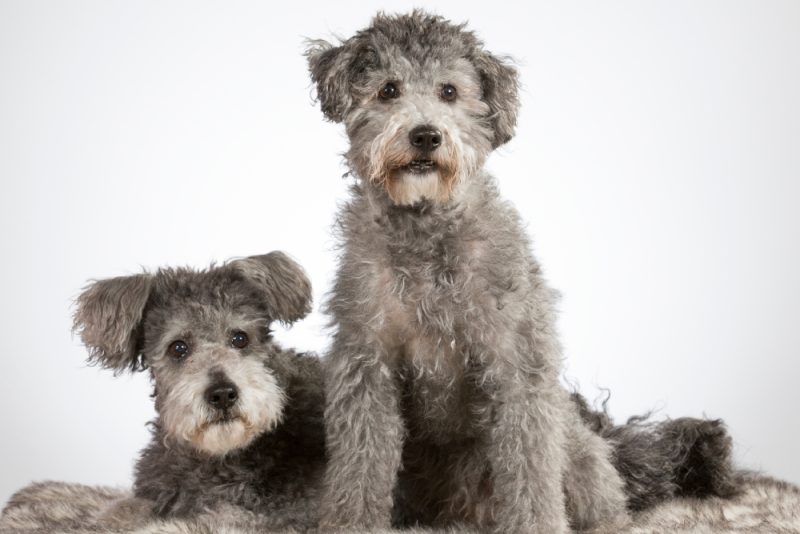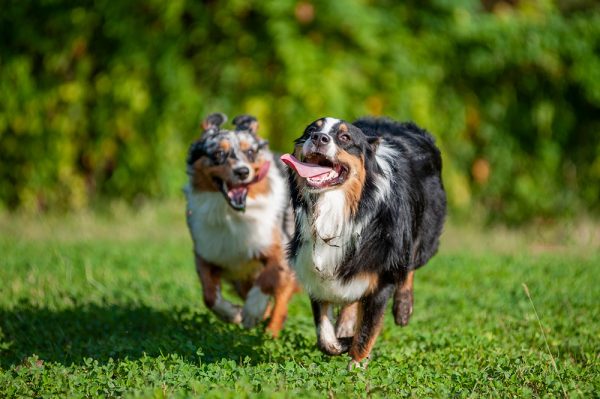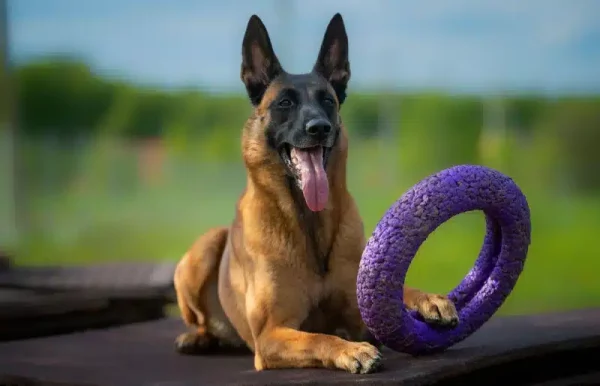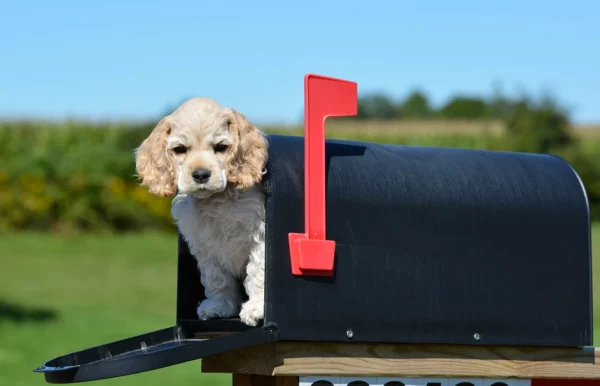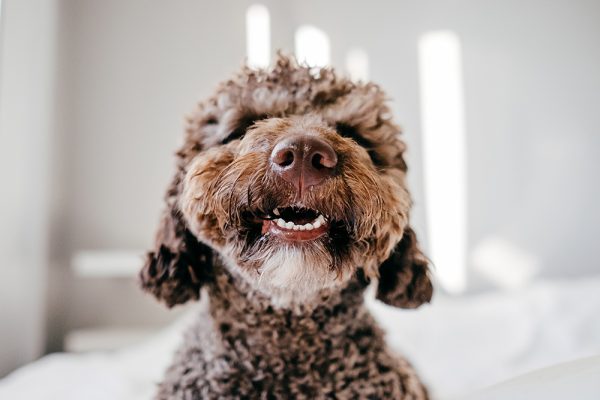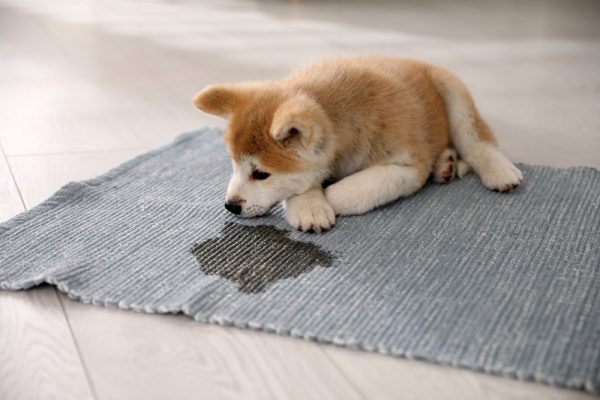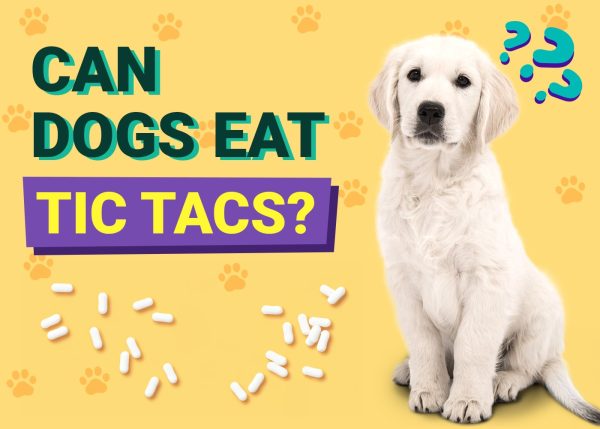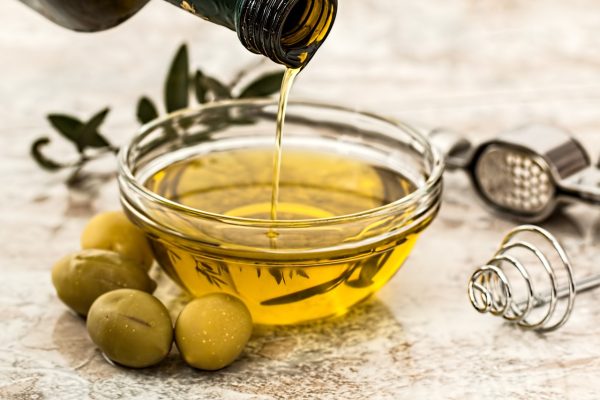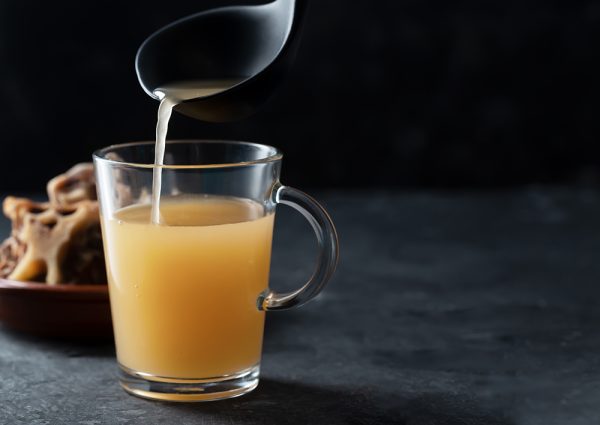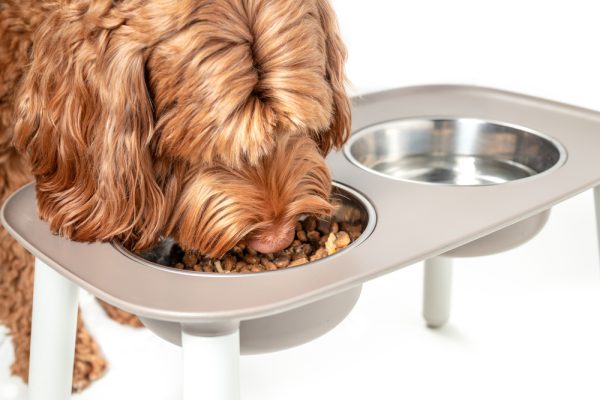In this article
View 3 More +Ribs—whether we’re talking beef or pork ribs—are a tasty main dish that is just as good on the grill as in the oven. However, if you’re whipping up some ribs for dinner tonight, you might wonder if this is something you can share with Fido when they inevitably express interest in having a taste of what’s on your plate.
In theory, all beef and pork cuts are safe for dogs to eat so long as they’re cooked and kept simple (no seasonings or spices). However, the pork and beef rib bones are a different story. Regardless of whether the bone is raw or cooked, it can present several hazards for your pup. Read on to learn more.

Can Dogs Eat Ribs?
As mentioned in our introduction, Fido can typically safely eat pork and beef rib meat, but you should skip the bone.
However, it’s essential to know that not all pork or beef you make for yourself will be safe for your pup. Any meat you offer your pets must be (a) fully cooked and (b) free of potentially toxic spices or seasonings, such as onion or garlic.
If you’re making yourself a batch of delicious ribs for dinner tonight, you’ll probably use a marinade or rub to add some flavor to your meat. If you plan on offering your pup even the slightest taste of your meal, you must put aside a rib or two for them before adding any flavorings or seasonings to the meat and cook their small portion plain.

Benefits of Offering Ribs to Dogs
Beef and pork meat have a lot of potential benefits for Fido. Both beef and pork offer good quality protein, which provides amino acids that are vital for a dog’s essential body functions. Protein is needed for building muscle and maintaining cartilage, tendons, and ligaments. Protein also promotes muscle, skin, hair, and nail health.
Both meats provide the following vitamins and minerals for dogs:
- Niacin (vitamin B3): Involved in many enzymatic and physiological reactions in dog’s bodies.
- Pyridoxine (vitamin B6): This is involved in amino acid metabolism and the creation of neurotransmitters.
- Cobalamin (vitamin B12): Is essential for cell function.
- Zinc: Is involved in enzymatic functions, carbohydrate metabolism, wound healing, and immune system health.
- Iron: This is essential for oxygen transportation.
- Phosphorus: Is vital for cell growth and cell energy use.
Pork Benefits & Nutrition
Pork is highly digestible and has an excellent amino acid profile. It’s also a unique protein source most dogs are typically exposed to and may be less likely to cause allergic reactions than other proteins.
For every 3 ounces (85g) of cooked ground pork:
| Calories | 252 calories |
| Protein | 22 grams |
| Fat | 18 grams |
| Carbohydrates | 0 grams |

Beef Benefits & Nutrition
Beef contains omega-3 and omega-6 fatty acids, which can promote skin and coat health in dogs. Like pork, it also contains essential amino acids your dog needs to thrive and cannot produce on their own.
For every 4 ounces of ground beef:
| Calories | 308 calories |
| Protein | 31 grams |
| Fat | 20 grams |
| Carbohydrates | 0 grams |

Considerations for Offering Ribs to Dogs
Moderation is vital when offering your dog any human food. While beef and pork can provide valuable nutrients, offering too much or too often may disrupt your dog’s balanced diet. Overindulging in additional treats can contribute to weight gain or digestive upset. Always ensure that any extras align with your dog’s overall nutritional needs.

Why Can’t Dogs Eat Rib Bones?
Bones, cooked or raw, could lead to an unexpected and expensive veterinary visit, emergency surgery, or even death.
Bones can easily splinter into shards and become a choking or obstruction hazard for your pup. Additionally, these sharp pieces of bone can also cut your pet’s mouth, throat, or intestines on its way down.
When you’re finished with your delicious rib meal, dispose of the bones properly as soon as possible. Mischievous dogs can easily get into garbage cans and help themselves to the bones you denied them at the dinner table.

Final Thoughts
Dogs can eat ribs, so long as you only offer the meat and keep your pup away from the rib bones. Both beef and pork are a great source of protein, vitamins, and minerals your pup can benefit from. However, unless beef or pork are part of your dog’s regular diet, whether included in a raw or homemade food formulation, it’s important to offer them in moderation to ensure you stay within your dog’s necessary calorie intake.
Remember, if you decide to give Fido a taste of your beef or pork rib meat, make sure it’s fully cooked and free from any potentially toxic seasonings.
Featured Image Credit: mnimage, Shutterstock



